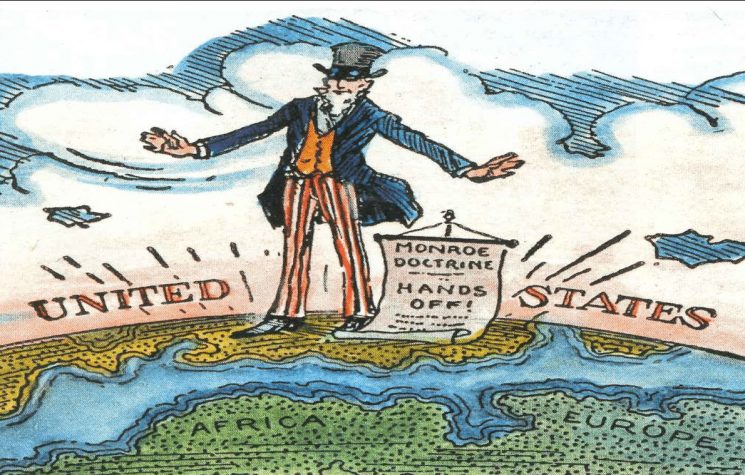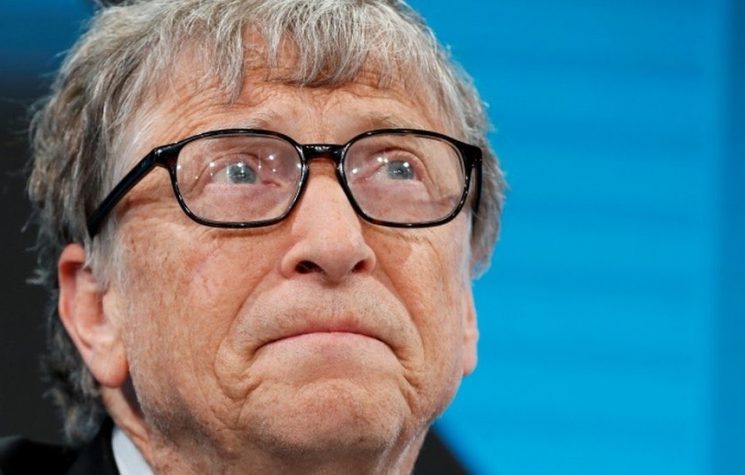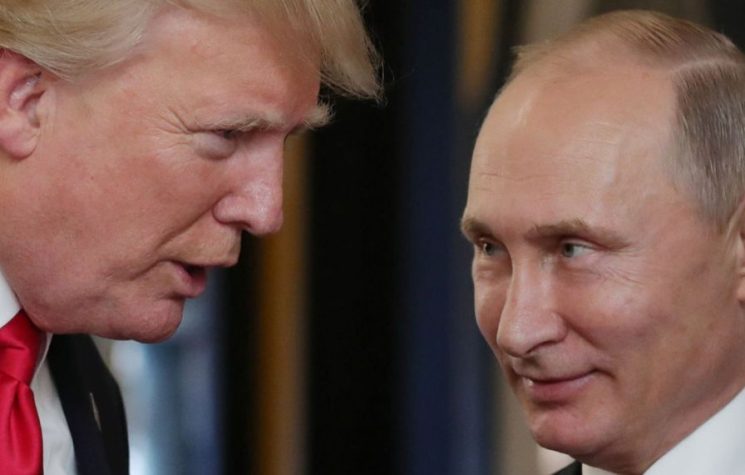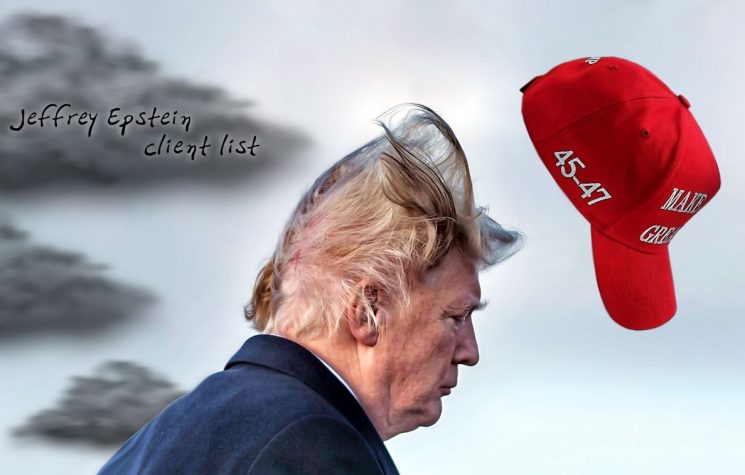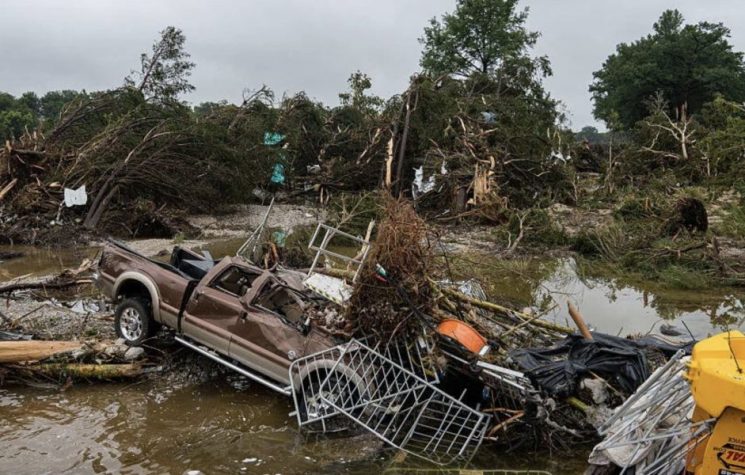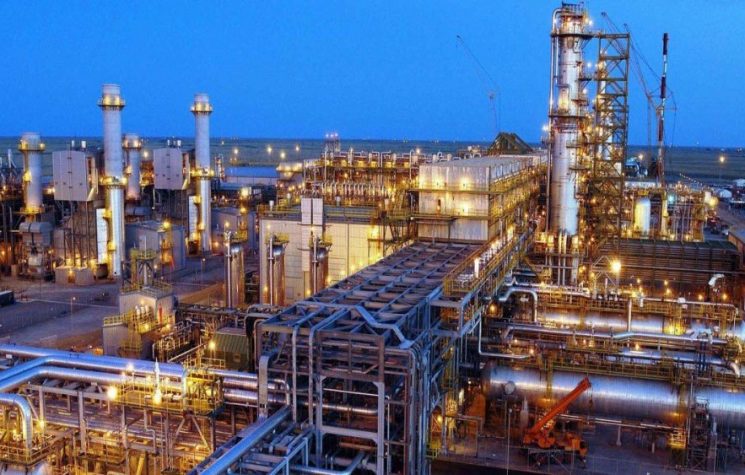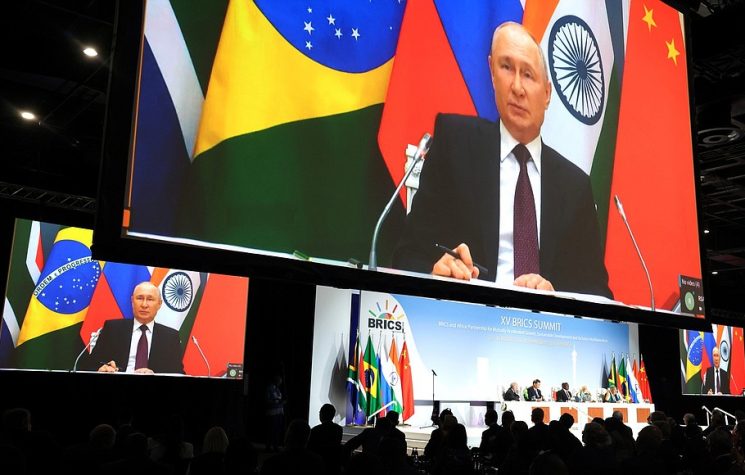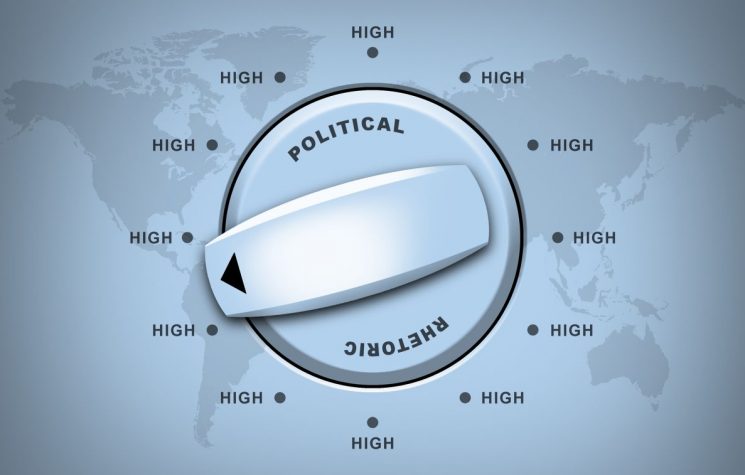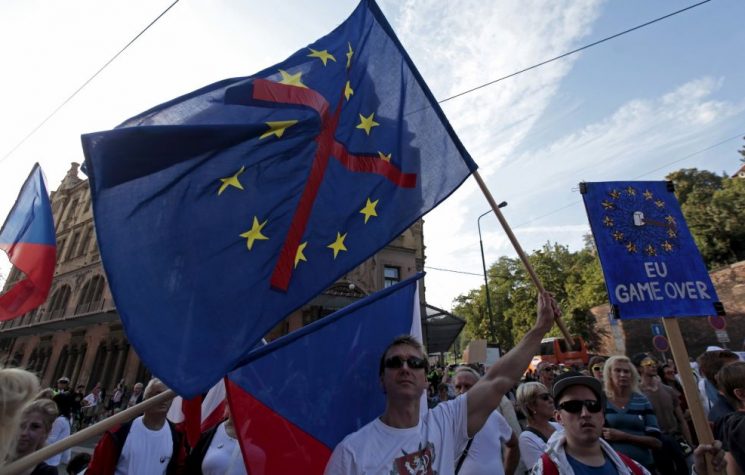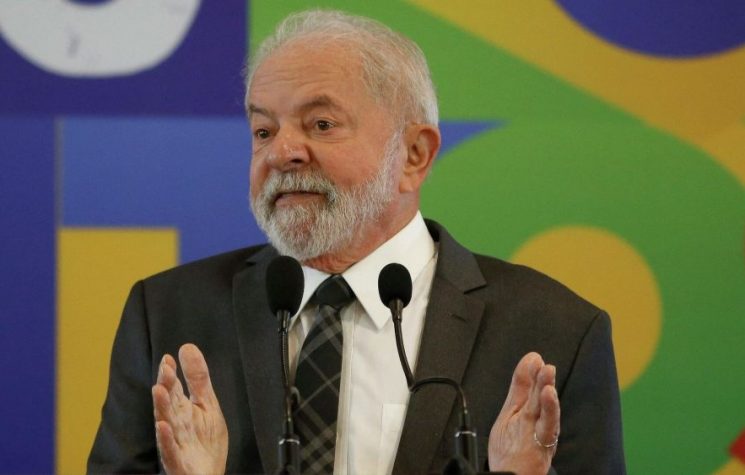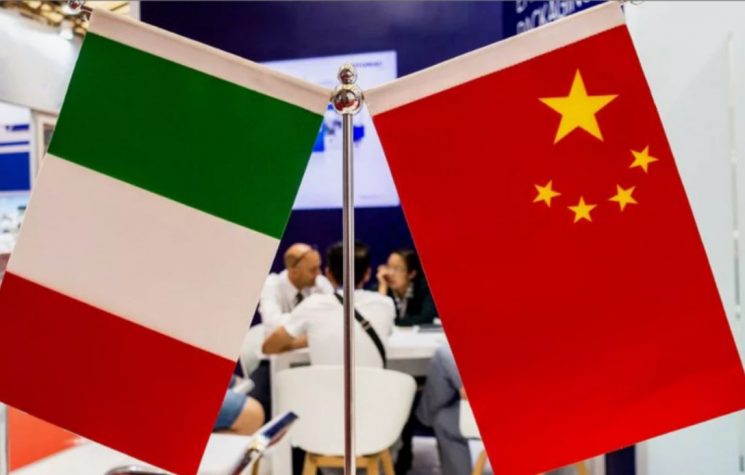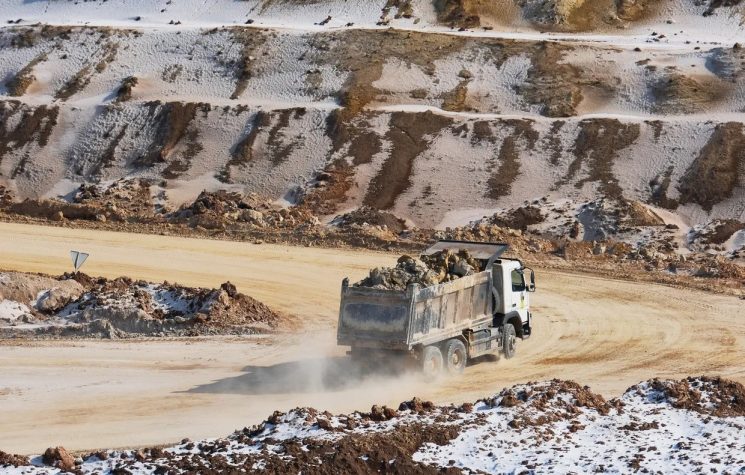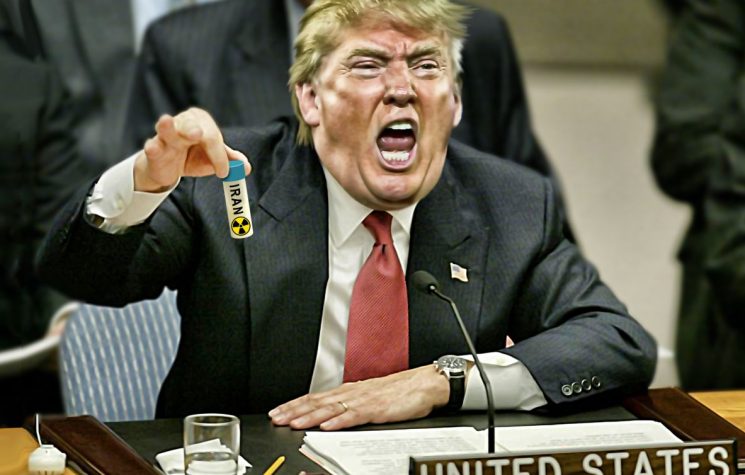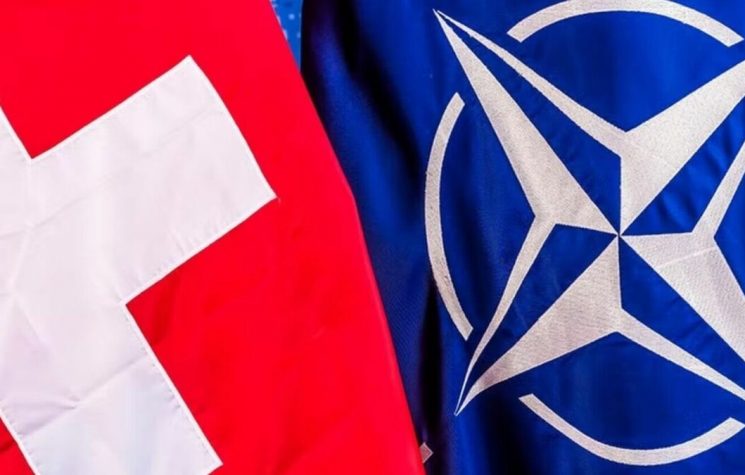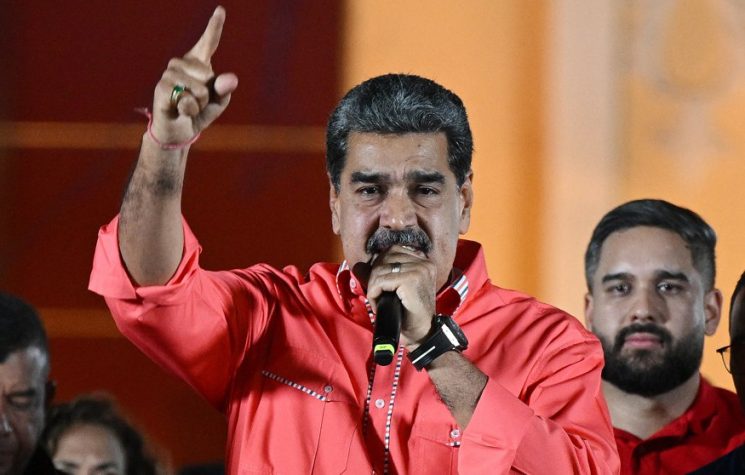While not directly harming Russian interests, a transition to green energy that is too rapid risks undermining the country’s economic stability.
Join us on Telegram![]() , Twitter
, Twitter![]() , and VK
, and VK![]() .
.
Contact us: info@strategic-culture.su
The general strategic framework
Russian foreign policy strategy considers so-called “climate change” and global health to be complex, transnational issues that require scientific cooperation and technological collaboration.
Unlike Moscow’s predominantly bilateral approach to global health, Russia emphasizes its commitment to multilateral agreements in the climate field, particularly the United Nations Framework Convention on Climate Change (UNFCCC) and the Paris Agreement, which it sees as key instruments of its environmental diplomacy. Within Russian foreign policy, climate issues receive more attention than global health, especially in relation to energy.
Although Moscow links domestic climate policy to national security, it opposes the idea of considering climate change a threat to global security. One example dates back to 2021, when Russia blocked an attempt to include climate on the UN Security Council agenda, arguing that climate change is not a direct cause of armed conflict and would divert attention from the real drivers of war.
Russia’s diplomatic strategy on climate aims to promote normative principles, develop legal regulations, support economic measures to facilitate adaptation, enhance scientific collaboration and data sharing, and strengthen international cooperation. Moscow also wants to improve global mechanisms for verifying national progress on mitigation and adaptation, and to involve international actors more in the Russian carbon market.
In addition to participating in the UNFCCC and the Paris Agreement, Russia also cooperates with other countries in different diplomatic forums. For example, it has supported joint climate policy initiatives within the Commonwealth of Independent States (CIS) and the Shanghai Cooperation Organization (SCO).
Moscow is also very active in the environmental dynamics of the BRICS+, so much so that in 2024, during its presidency of the partnership, a Contact Group on Climate Issues and Sustainable Development was created, and the first BRICS+ conference dedicated to climate was held. The partnership faces several challenges: differences between members’ energy strategies, the absence of a central coordinating body, and different stages of development of carbon markets among member countries.
The Russian leadership wants to turn BRICS+ into a testing ground for climate policies, such as carbon markets, that could be adopted by middle- and low-income countries as mitigation and adaptation solutions. This approach reflects Moscow’s vision of a new model of global governance, alternative to the one dominated by the US and the West.
The Kremlin also has climate relations with countries that are heavily dependent on fossil fuels. One example is Russia’s facilitation of the sale of carbon units between Moscow and Abu Dhabi, with an agreement that represents a first step towards the creation of a carbon market between BRICS+ members.
Russian climate diplomacy also includes the promotion of nuclear energy through bilateral agreements involving the state-owned company Rosatom, a world leader in the sector, which enables it to transfer technology and expertise to countries wishing to include nuclear power in their energy transition, as in the cases of Uzbekistan and Burkina Faso. Another example of international cooperation in this regard is the support provided to Azerbaijan for the COP29 forum in 2024.
Russia declares itself in favor of multilateralism, particularly in the context of the COP summits and the Paris Agreement, where it seeks to carve out an active rather than marginal role. Climate diplomacy is a useful platform for Moscow to engage in dialogue on energy, technology, economics, and other sensitive issues with other states. Harsh Western sanctions have also prompted the Kremlin to accelerate its climate efforts.
However, it should be noted that Russia’s approach may not fully achieve its stated objectives. With climate integration into its core strategic interests, several challenges—including the SMO in Ukraine, tensions in the Middle East, Russia’s growing isolation from Western scientific cooperation, and domestic problems—risk reducing the priority of climate both domestically and diplomatically. These obstacles could favor China geopolitically and undermine global scientific efforts to address the climate crisis at a time when collective action needs to be strengthened.
The evolution of Russia’s climate strategy
Russia’s climate policies consistently reflect the geopolitical transformations that have taken place since the end of the Cold War and the evolution of global power balances in the first two decades of the 21st century. After the collapse of the Soviet Union and during a period of internal instability, Russia joined the emerging international climate system by signing the UNFCCC in 1992 and the Kyoto Protocol in 1997. Even today, national policies consider climate change a threat to the country’s economic and environmental well-being.
Russia has continued to cooperate with the UNFCCC and adopted its first official climate strategy, the “Climate Doctrine,” in 2009. With the reaffirmation of Russia’s role on the international stage in the 2010s and beyond, its accession to the Paris Agreement in 2016, its medical strategy during the pandemic, and the war in Ukraine, priorities have shifted: climate change has been elevated to the rank of a national security issue.
In 2021, the Russian government updated its National Security Strategy to include the concept of ecological security, which also encompasses climate change. Also in 2021, Moscow presented a socioeconomic development plan that aims to cap domestic greenhouse gas emissions by 2050. Two years later, in 2023, both the climate doctrine and the concept of foreign policy were revised, increasingly subordinating environmental policies to national strategic interests.
While not directly harming Russian interests, a transition to green energy that is too rapid risks undermining the country’s economic stability. According to the Kremlin, competition for resources in the context of the ecological transition could lead to underinvestment in fossil fuels and generate new energy crises. Furthermore, stricter climate regulations outside Russia could penalize oil and gas exports, which are a source of substantial public and private revenue.
To reconcile national security and environmental objectives, Russia’s climate strategy focuses on a low-emission approach and a path towards carbon neutrality, while favoring adaptation measures deemed more economically viable given the country’s heavy dependence on fossil fuels.
The country supports its positions with investments in scientific research to strengthen its influence in climate diplomacy and represent an autonomous pole in political decisions and also an example for other countries, maintaining a balance that is very useful at the political level but not easy for Western observers to understand.



















